10 Signs of A Depressive Episode
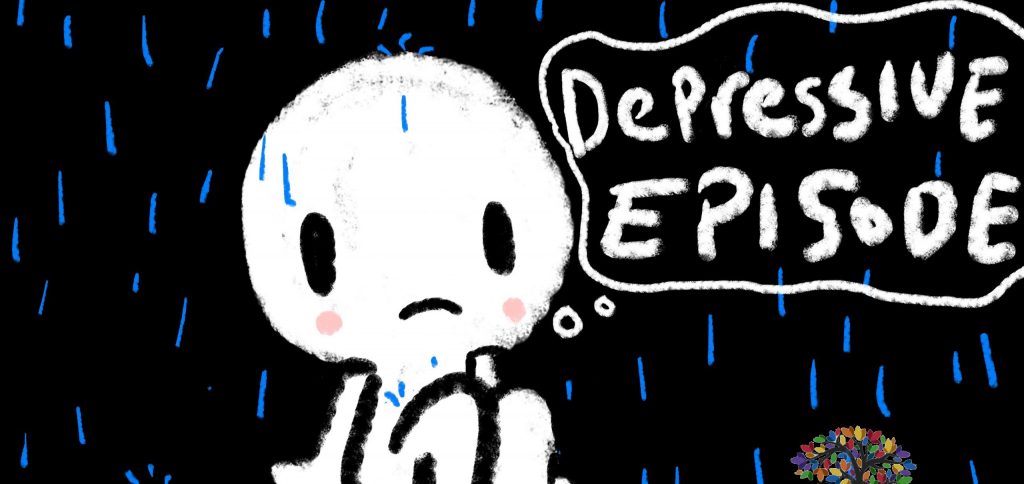
Hi Psych2goers, this is disclaimer that this article is for informative purposes only and should not be used to self diagnose. Please seek mental health advice from a qualified mental health professional and/or doctor if you’re struggling.
Depression is a common, yet painful condition to go through. However, did you know that there are many forms of depression? While some conditions such as Major Depressive Disorder (MDD) or Persistent Depressive Disorder (PDD) are chronic, long lasting forms, some people may experience depressive tendencies in temporary episodes. These episodes may accompany MDD, PDD, another disorder, or stand on their own. Additionally, they may surround life changing events such as deaths, post-pregnancy, traumatic events, to no reason at all. In this article, we’ll be exploring 10 signs of a depressive episode to get a better understanding.
Please note that depression is complicated and affects everyone differently. These signs by no means will affect everyone in the same way. People may experience, some, all or even more signs than what’s on this list. Links to further readings about depression will be at the end of this article.
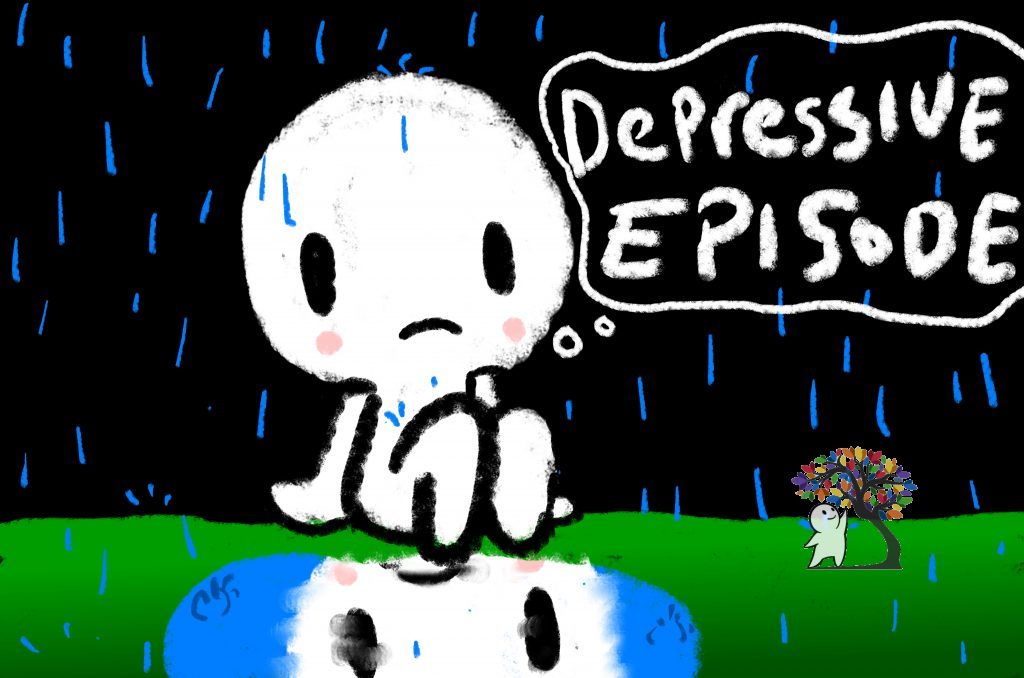
1. You Feel Guilty and Worthless
When you’re in a depressive episode, you might feel that no one cares. Even worse, you may feel like a burden to others. Do you find yourself pulling away from others? Do you feel it’s better to keep your distance? These are hard feelings to handle and can influence other signs on this list. It is important to know, that there’s always someone out there who cares and that these feelings are often irrational (Ada 2020).
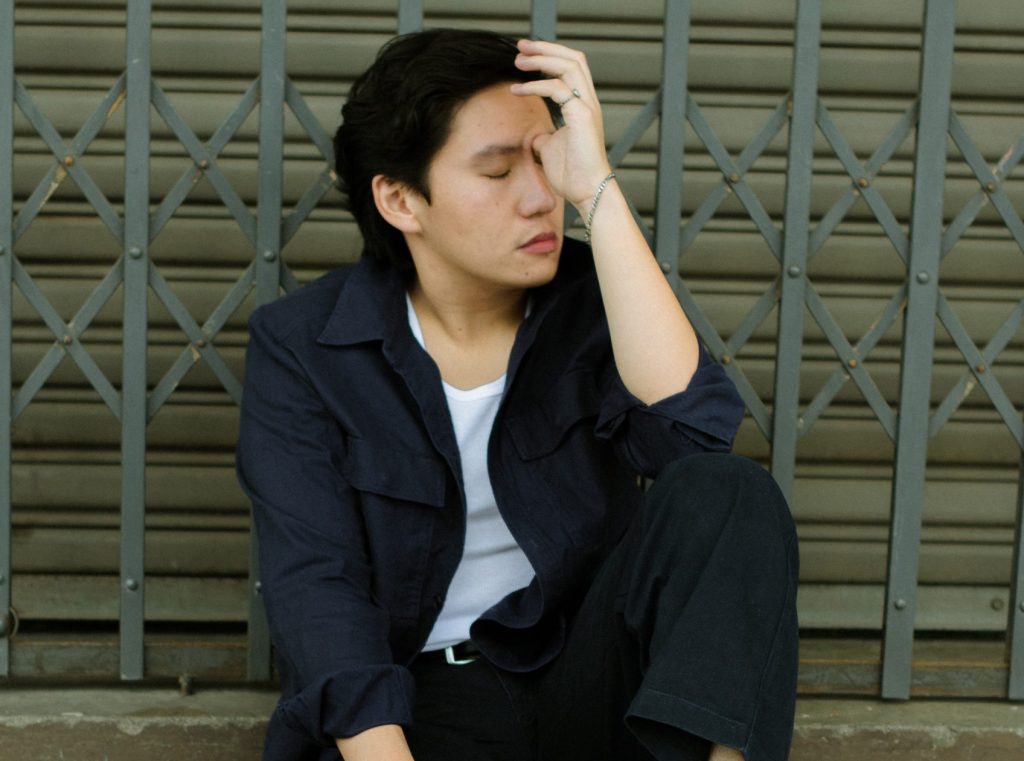
2. You Feel Sluggish
Depression has physical elements to it alongside the psychological ones. Do you feel lethargic and wiped out, even if you haven’t done anything? With a depressive episode, you may feel excessively tired and be slow moving. Sometimes, people in an episode will even talk slower. Excessive sleepiness affects everything from your moods to your function, making everyday life more difficult (Harvard Health Publishing 2018).
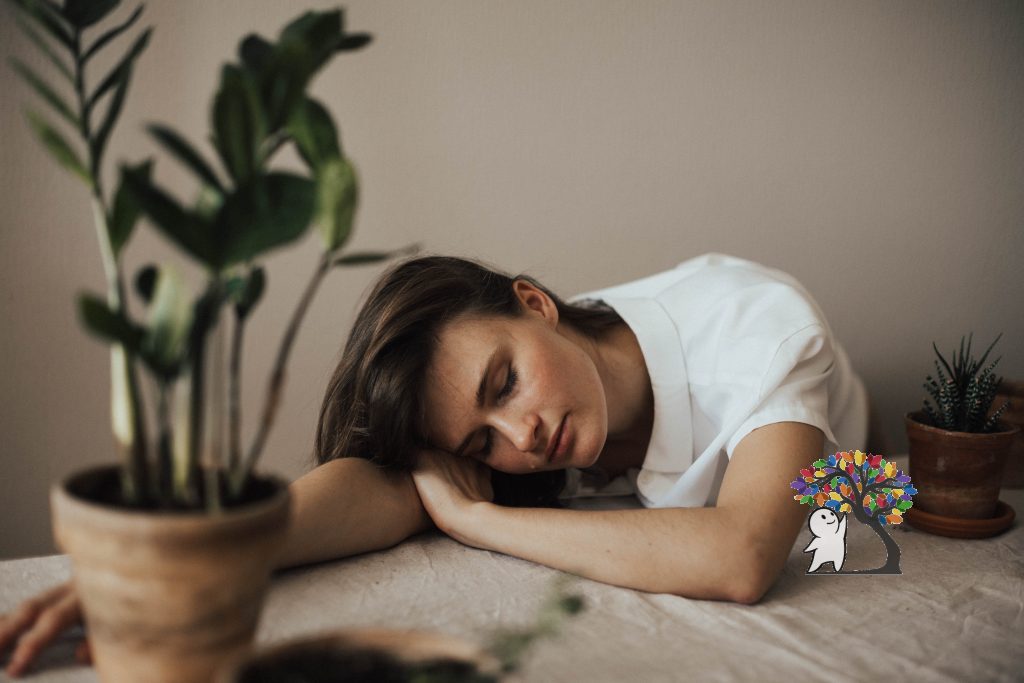
3. You Sleep Too Much or Too Little
With excessive tiredness, you may find yourself sleeping way past your alarm clock. Or, on the other hand, you may find it difficult to sleep. Hypersomnia and insomnia are common in depressive episodes and both are problematic. Sleeping too much or too little has an impact on your ability to function and can affect your moods even more (Watson 2020).
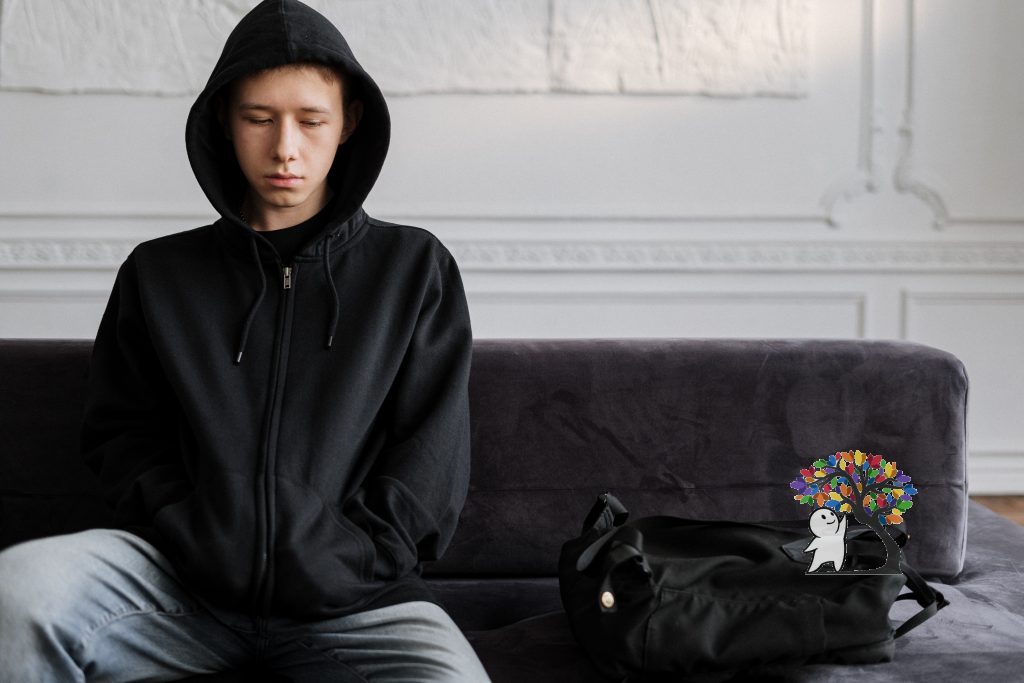
4. You Have Odd Aches and Pains
Do you find yourself with random headaches, stomachaches, or other sorts of pain? Maybe you feel existing pain and ailments worsening? Depression can cause all sorts of unexplained physical pain. The hurting can come out of nowhere and be difficult to treat. It is important, however, to seek medical advice if the pain is persistent or severe as it may be a sign of a serious problem elsewhere (Ada 2020).
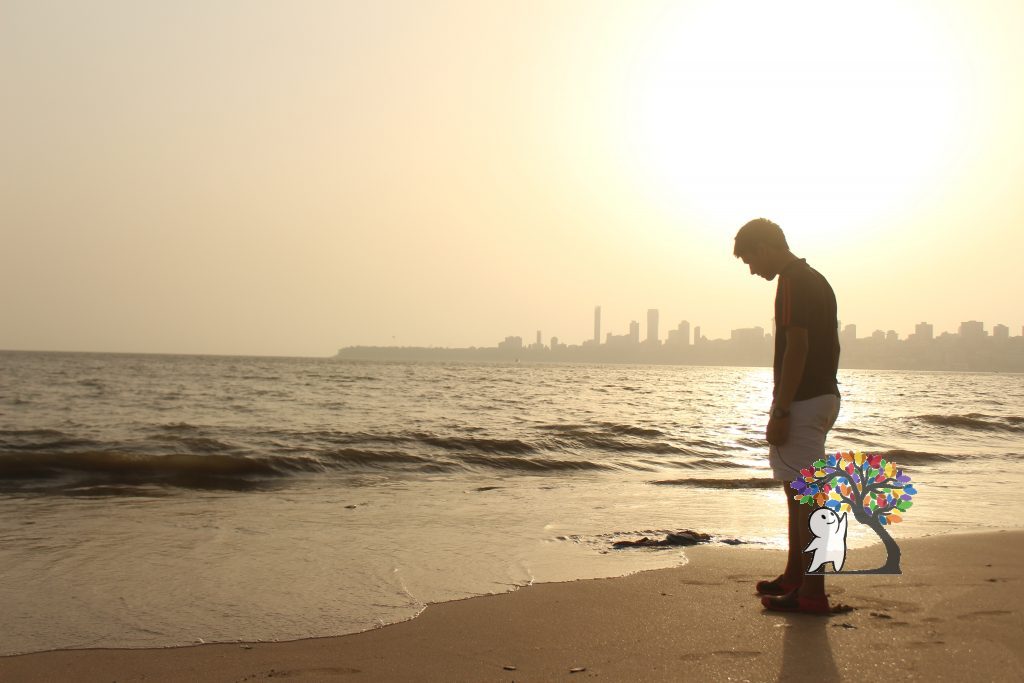
5. You’re Irritable and Anxious
In a depressive episode, you may find that your fuse is shorter. Do people tend to get on your nerves easier? Do you find yourself worrying about a certain issue too much, or even worrying about nothing at all? Depression has a serious impact on your moods and can make you more on edge than you normally would be. This can complicate relationships and the way you interact with others (Harvard Health Publishing 2018).
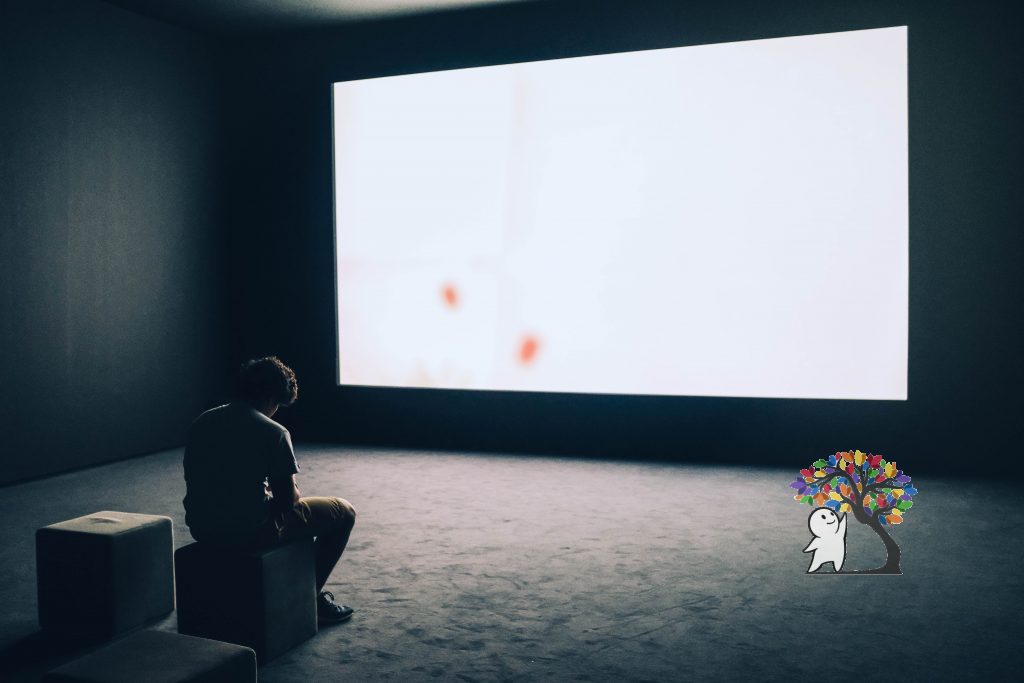
6. You Struggle to Concentrate
Do you find it hard to focus and pay attention? Perhaps you find it difficult to make decisions as well. Depression can cause “brain fog” making it difficult to do everyday tasks. Combined with sleeping issues and overall sluggishness, getting anything done can feel like a chore (Leonard 2018).
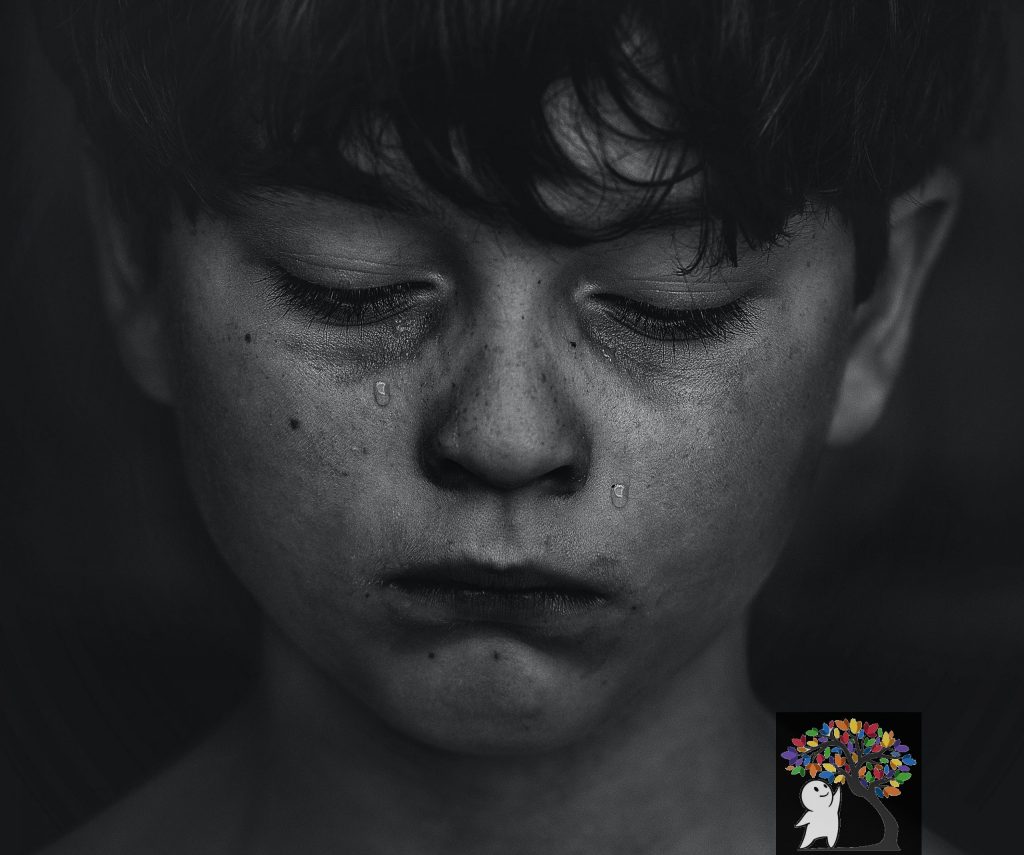
7. Your Eating Habits Have Changed
If you’re in a depressive episode, you may find that your eating habits change drastically. Some people eat more, and others less which can cause weight gain/loss, sometimes to an extreme extent. Some may do this as a coping strategy or out of forgetfulness (Leonard 2018).
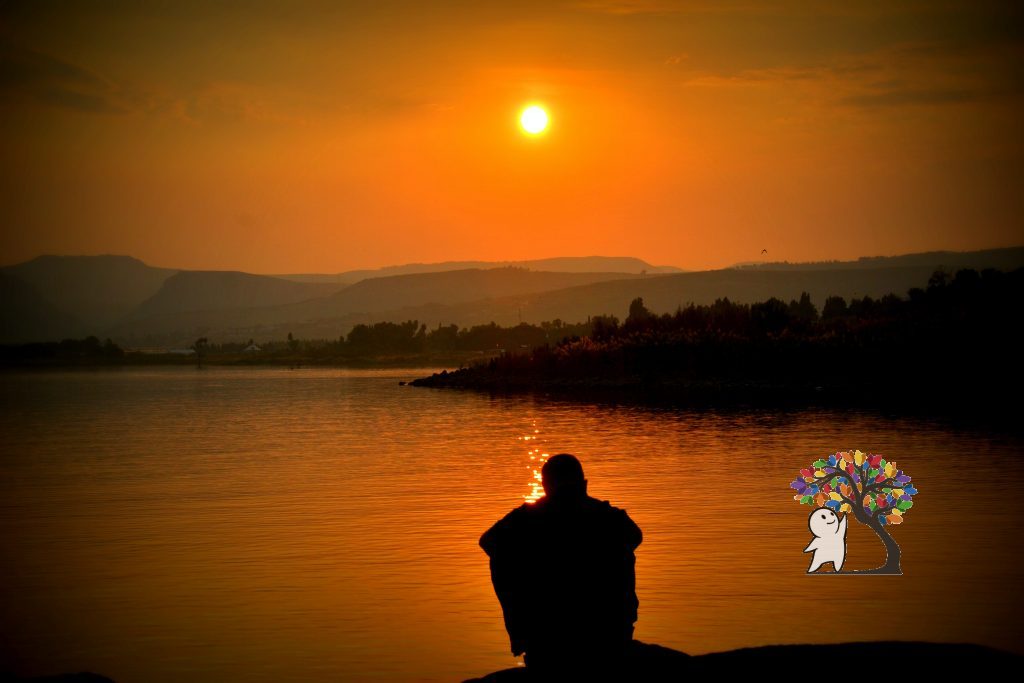
8. You Lose Interest in Activities
Do you find you feel less motivated to do things you once loved? Does your guitar you once played daily now sit in the corner gathering dust? Maybe you no longer feel pleasure in doing any sort of activity. Or perhaps you’re so drained that it’s hard to find the energy to pick your favorite hobbies up again. Depressive episodes can make it hard to find the point in doing anything. Anhedonia, or emotional flatlining, can take away any pleasure in doing any sort of activity, so you find yourself abandoning the things you once loved (Harvard Health Publishing 2018).
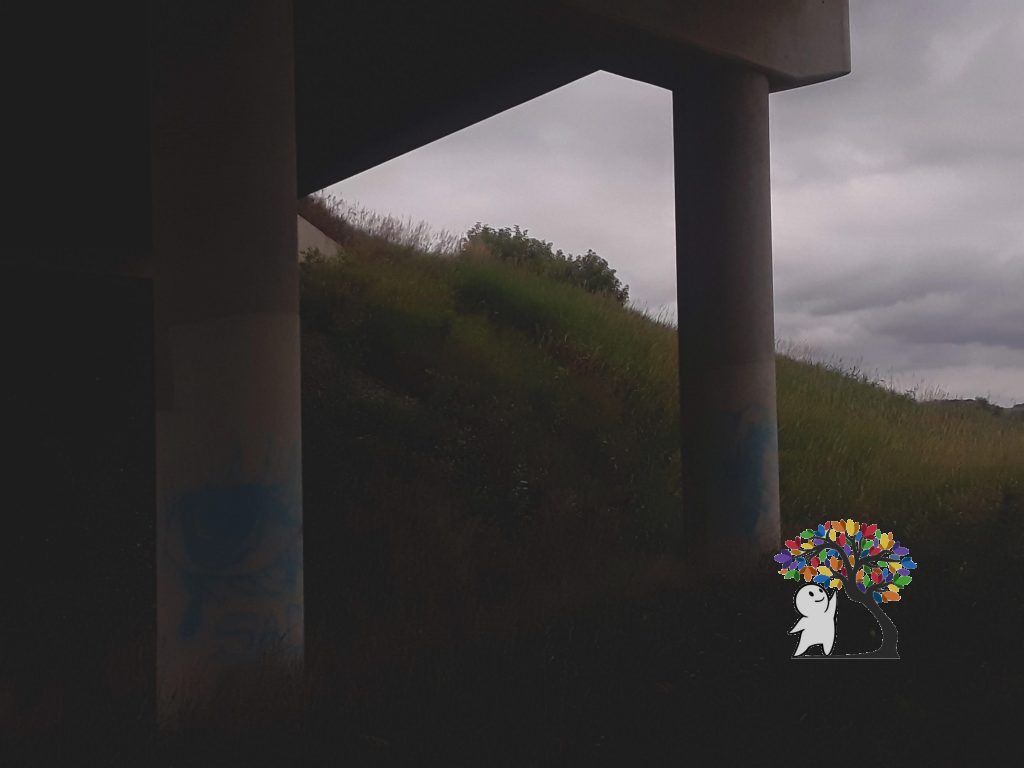
9. You Feel Emotional
Depression primarily affects your moods. You may find yourself in periods of unrelenting sadness, hopelessness, and anger. These feelings can be intense and overwhelming with no end in sight. This is the most identifiable aspect of depression and some of the most troubling. These feelings may last up to days on end and impact many areas of your life (Watson 2020).

10. You Think About Death
One of the more dire signs of depression is suicidality. People in a suicidal state may make plans or attempt to take their own life. This is a serious sign and any sort of suicidal ideation should be treated as an emergency. It should be a top priority to talk with a counselor, emergency personnel, and/or a helpline if these feelings arise (Ada 2020).
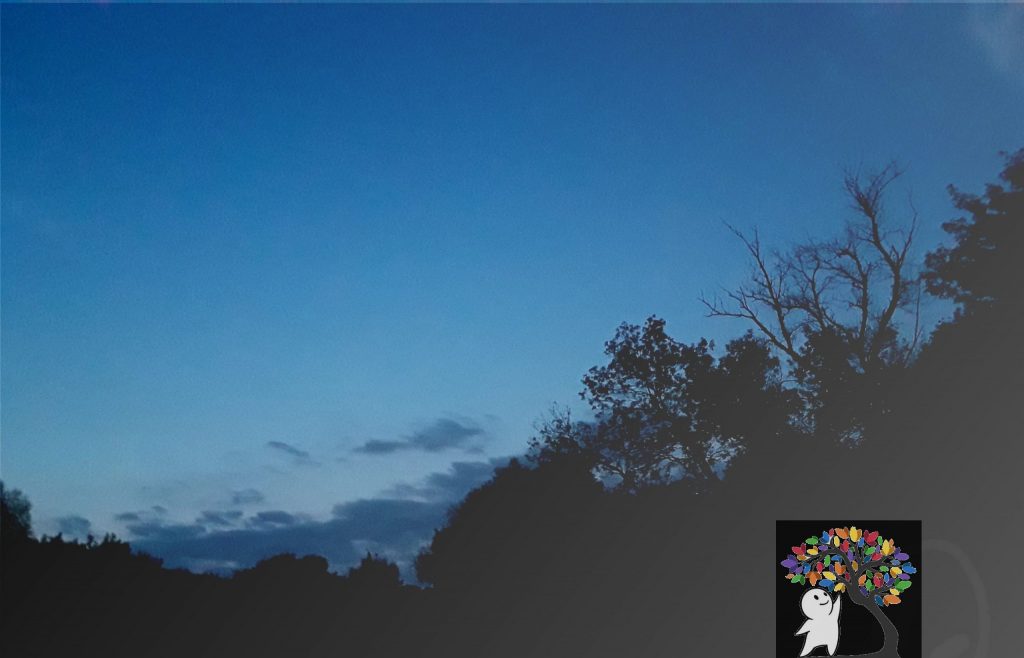
Depression is a difficult condition to experience. It is always best to reach out if you’re struggling. There’s much support, treatment options, and resources if you feel that you’re affected. While depressive episodes may come and go, finding the underlying cause can make a world of difference. What are some more signs of a depressive episode? What are some tips and strategies to help manage through these times (along with talking to a mental health professional of course!)? Let us know in the comments!
References:
- Ada. (2020, February 24). Depressive Episode «. ada.com/conditions/depressive-episode/#symptoms
- Harvard Health Publishing. (2018, December). Major Depression. Harvard Health. www.health.harvard.edu/a_to_z/major-depression-a-to-zLeonard,
- J. Leonard (2018, July 17). How to cope with a depressive episode. Medical News Today. www.medicalnewstoday.com/articles/322495#twelve-tips
- Watson, S. (2020, April 28). How to Manage a Depressive Episode. Healthline. www.healthline.com/health/mdd/depression-episode#1
Like this article? Here’s a few others you may enjoy:


Responses